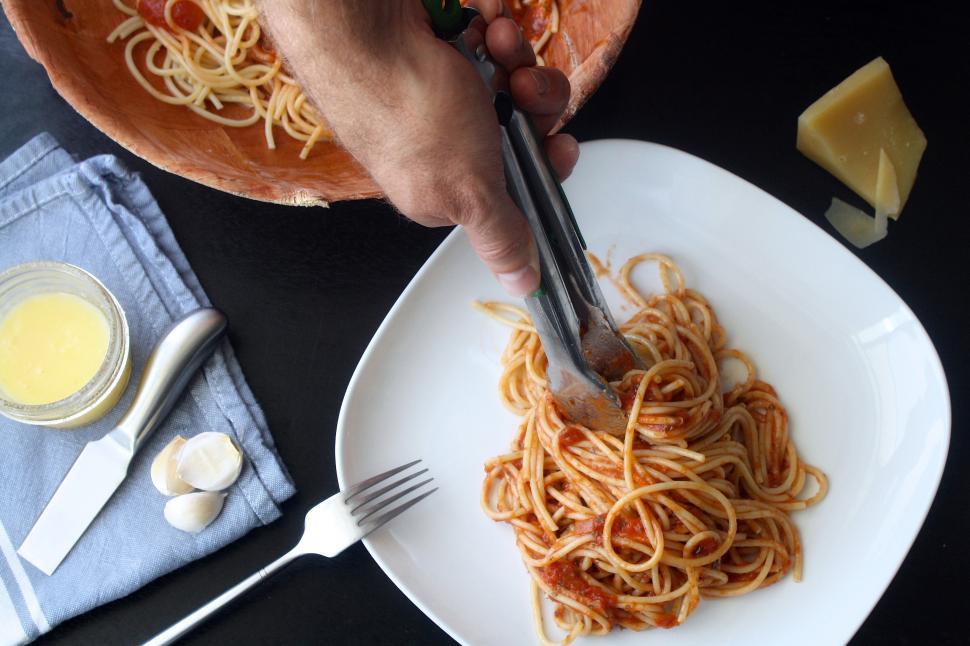A Culinary Journey through Tradition and Flavor
Italy's cuisine is renowned for its diverse flavors, regional variety, and dedication to fresh, high-quality ingredients. Rooted in a deep historical and cultural heritage, Italian gastronomy is more than just food; it's a way of life. Each region of Italy has its own unique culinary traditions, making Italian food culture an intriguing subject to explore, especially at Piccolino Italian Restaurant.
A Tapestry of Flavors: Regional Diversity
Regional Influences
Italian cuisine is not monolithic; it's a tapestry woven from the distinct culinary traditions of its regions. The north, with its alpine landscape, favors butter, rice, and polenta, while the south, bathed in Mediterranean sunshine, leans towards olive oil, tomatoes, and pasta. Central Italy, with its fertile plains, is known for its hearty soups and rich sauces, while the islands of Sicily and Sardinia offer a taste of their own unique ingredients and dishes.
Seasonality and Freshness
One of the hallmarks of Italian food culture is its emphasis on seasonal and fresh ingredients. Italians take pride in using produce at the peak of its flavor, whether it's ripe tomatoes in the summer or earthy mushrooms in the fall. This commitment to freshness not only enhances the taste of the dishes but also reflects a deep respect for the land and its bounty.
The Art of Eating: Rituals and Traditions
The Italian Meal Structure
In Italy, a meal is not just about nourishment; it's a social event, a time to gather with family and friends and savor the flavors of the season. A typical Italian meal consists of multiple courses, starting with antipasti (appetizers), followed by a primo (first course) of pasta, risotto, or soup, then a secondo (main course) of meat or fish, and finally dolce (dessert). Each course is savored slowly, allowing for conversation and connection.
Wine and Coffee
No discussion of Italian food culture would be complete without mentioning wine and coffee. Italy is home to some of the world's finest wines, from the robust reds of Tuscany to the sparkling prosecco of Veneto. Wine is not just a beverage in Italy; it's an integral part of the meal, chosen carefully to complement the flavors of the food. Likewise, coffee is not just a pick-me-up; it's a ritual, with its own etiquette and traditions, from the morning cappuccino to the after-dinner espresso.
Preserving Tradition: The Role of Family and Tradition
Family Recipes
Italian food culture is deeply rooted in family, with recipes passed down through generations. These family recipes are cherished treasures, often guarded secrets that reflect the unique culinary heritage of each family. Whether it's Nonna's ragù or Zia's tiramisu, these recipes connect Italians to their past and serve as a link to their cultural identity.
Celebrating Tradition
Throughout the year, Italians celebrate a myriad of food-related traditions and festivals that honor their culinary heritage. From the Feast of the Seven Fishes on Christmas Eve to the Sagra del Tartufo (Truffle Festival) in Umbria, these events showcase the diversity and richness of Italian cuisine while bringing communities together in celebration.
Influence on Global Cuisine: Italian Food Abroad
Global Reach
Italian cuisine has had a profound influence on global food culture, with pizza and pasta being ubiquitous dishes found in restaurants around the world. However, true Italian food goes beyond these staples, encompassing a wide range of dishes that showcase the country's culinary diversity and sophistication.
Adaptation and Innovation
While Italian cuisine is steeped in tradition, it is also dynamic and evolving. Italian chefs both in Italy and abroad are constantly innovating and adapting traditional recipes to suit modern tastes and dietary preferences. This blend of tradition and innovation ensures that Italian food remains relevant and beloved worldwide.
Conclusion
Italian food culture is a celebration of tradition, flavor, and community. It is a testament to the Italians' deep connection to their land and heritage, as well as their passion for good food and company
Whether you're savoring a plate of pasta in Rome or searching for restaurant ideas, Italian food culture invites you to slow down, savor the moment, and enjoy life's simple pleasures.




Comments
Post a Comment